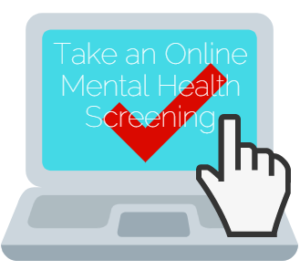What does it mean to struggle? The dictionary defines it as “forceful or violent efforts to get free of restraint or constriction”. Everyone goes through periods of struggle in all areas of life. Obviously when life is hard and you’re in a challenging season, you will be struggling to get through.
But what if you’re not going through a challenging season? What if you’re struggling day in and day out and you don’t really know why?
If you’re feeling this way, chances are you are struggling mentally. Your brain perceives threats, restraints, and constrictions and you are forcefully trying to break away from them. Finding that it’s not working, you may feel exhausted, hopeless, worthless, and like a failure.
I want to assure you that you are not alone in this struggle. 1 in 4 Americans suffer from a diagnosable and treatable mental illness in any given year1. Below is a guide to understanding the basics of mental illness, what you may be experiencing, how to seek help, and what happens when help is sought. You are also encouraged to check out our additional resources to the right of this page as well as on our resources page.
What is a Mental Illness?
A mental illness is generally defined as “any illness of the brain”. It can be further described as “the psychological state of someone who has emotional or behavioral problems serious enough to require psychiatric intervention”.
What is the difference between a Mental Illness, a Mental Disorder, and a Mood Disorder?
A mental disorder is defined as “a psychological disorder of thought or emotion”. It is used as a more neutral term than ‘mental illness’.
A mood disorder is defined as “a psychological disorder characterized by the elevation or lowering of a person’s mood”.
The differences between the three are slight. A mental illness and a mental disorder can be used interchangeably. One might use ‘disorder’ instead of ‘illness’ if speaking in a broader scope of psychology. A mood disorder, on the other hand, is more specific to feelings and emotion.

